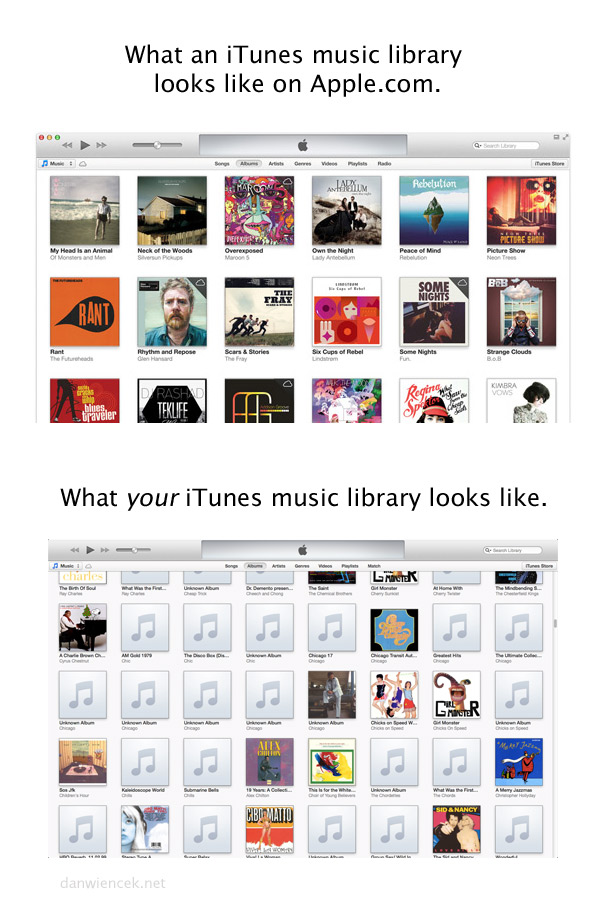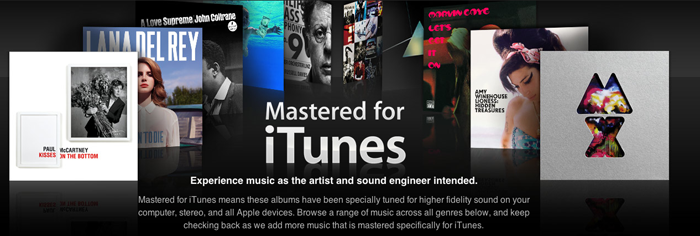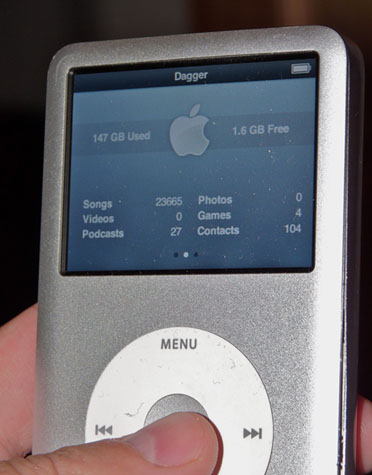Security at the airport is annoying for a panoply of reasons. It’s woefully inefficient, funneling hundreds of people into a narrow pipeline of security stations, which guarantees long delays, missed flights and tremendous irritation. It wildly overreacts to any new botched and half-assed terrorism attempt — is there anyone who truly feels safer knowing his fellow passengers have had their shoes x-rayed? And of course, there is the increasingly invasive searches and surveillance technology, conducted by a bureaucracy that has been allowed to run unchecked and increasingly amok.
We know all these reasons. But there is another reason why airport security is annoying that I think has been overlooked: the anticlimax. Security screening consists of a wait of anywhere from twenty minutes to two hours or more, during which you are forbidden from relieving the tension by joking about the one subject — terrorism — that is on the mind of literally every single person there, which is rather like being forced to wait in an elephant paddock without mentioning the elephant. This is followed by a mad shuffle to dump purses, jackets and laptops into trays, take off shoes and demonstrate that your shampoo and conditioner can’t be used to blow a hole in the fuselage of the plane. All of these things are really only the preamble to the personal screening, in which you either pass through a metal detector or stand in front of a scatter x-ray machine before being summarily waved through.
That’s it?
The reason that this process seems so onerous is that we get nothing out of it — that our time appears to have been frivolously and blatantly wasted. It is hard to think of any routine activity in which so much waiting delivers such little payoff. Therefore, one idea for making security more tolerable and thus, perhaps, more effective is to give people more for their money, as it were. I have a few ideas on this score.
Make the Screening Longer
Yes, this is an insane idea, but given that our present system is so massively inefficient, making it nominally more so in the interests of passenger satisfaction makes some sense. If passengers felt that TSA personnel were really making a big deal out of them — or, if you like, really taking them seriously as a potential threat — they would probably find the process more fair and more justified. My ideas for expanding the screening process:
Personal interviews. Every passenger has to submit to a brief, two- to five-minute interview. These would include standard questions about the traveler’s destination and purpose of visit. The screener would then have the option of exchanging small talk with the traveler, perhaps comparing pictures of grandchildren and such, or of engaging them on the subjects of politics, economics and current events. Screeners could draw upon a list of prepared questions that appear designed to elicit potentially dangerous or subversive views but whose answers would, in fact, be completely ignored, their only purpose being to permit the traveler to express him or herself and to let them know they are taken seriously.
Actors. Airport security suffers from an inherent problem: its successes are invisible. Nobody ever sees a terrorist plot foiled or a suspicious passenger with no carry-on baggage summarily hauled away for questioning. Thus, the common perception is that airport security is a fiction, a charade put on solely to deliver the illusion of safety rather than the thing itself. Well, perhaps it is — and if it is, let’s make it a good illusion. Scattered randomly throughout the day at every major airport should be actors whose sole purpose is to pose as passengers, be “unmasked” as potential terrorists and swarmed by security personnel and then arrested, in as showy a manner as possible. There should be variety: while suspicious travelers will nervously eye the Middle Eastern men, a young, pregnant white woman should suddenly rip open her coat to reveal that she is wired head to toe with explosives, screaming that she’ll blow herself, her unborn baby and all the rest of these goddamn people to kingdom come unless someone gets her ex-husband on the phone RIGHT MOTHERFUCKING NOW. There would then occur the most spectacular display of security prowess as a (carefully rehearsed) crack team of agents wrestle the woman to the ground, disarm her and drag her, howling and shrieking like a hyena on fire, to the nearest holding cell. An agent will then return to assure people that everything was under control and that all were safe. You know what would probably happen then? The whole room would spontaneously break into applause.
A lot could be done with this idea. The TSA could stage foot chases, martial arts battles of a dozen or more combatants, and even mock shootings. You would walk through an airport en route to a flight knowing full well that anyone around was capable of doing literally anything. I don’t think this would make people terribly afraid, but it would make them more alert, and enforce the principle that security procedures are there for a reason.
Of course, these ideas only make a flawed system more tolerable, while actually increasing its cost and inefficiency. So, in the interest of a constructive debate, here are actual suggestions for improving airport security.
TSA On the Go
Have you ever been to an Apple store and noticed there are no cashier lines? Instead, hipsters in black t-shirts and carrying portable credit card readers roam the floor and conduct transactions on the spot, wherever you happen to be. This is how airport security should work. Rather than a thin, urethra-like line feeding a paltry security station, the screening area should be vast and open, with TSA screeners equipped with the latest metal detector wands and other portable scanning gear. They would proactively find travelers in the crowd, quickly check them over (no one’s taking off their fucking shoes, thank you very much) and issue them a signed and dated stamp indicating that they have cleared security and may enter the terminal. No one could board a plane without that stamp, and anyone failing the brief security sweep would be led to a more thorough station — in fact, the same station to which we foolishly submit every traveler today.
Appointments
Taking the Apple store menu even further, why not be able to make an appointment with a TSA screener? I don’t think this would be as efficient as the previous suggestion — waiting rooms always run late — but it couldn’t help but improve the current situation, and people would be in a better mood if they knew that a time and place had been set aside for them. And in fact, there’s nothing to say you couldn’t combine this suggestion with the previous one. Make the security experience more like the Apple store is basically the takeaway here.
You know, on second thought, I’d really rather have the actors.
 I am more-than-averagely obsessive about my iTunes library. And yet, this is what most of it looks like. Ever see those pictures of ancient relics being restored in museums, when they’ll have exactly six pieces of some ancient textile and try to somehow fill in the gaps? It’s kinda like that.
I am more-than-averagely obsessive about my iTunes library. And yet, this is what most of it looks like. Ever see those pictures of ancient relics being restored in museums, when they’ll have exactly six pieces of some ancient textile and try to somehow fill in the gaps? It’s kinda like that.


